Success Isn’t All or Nothing
In the golden age of social media, where every feed is saturated with motivational influencers and success stories, you’ve probably come across this fun nugget of wisdom “You can be successful, if you just try hard enough.” More than ever, a "results-driven approach" is constantly pushed - and it’s not just flawed; it’s dangerous, inevitably fails, and can damage your self-worth. Plus, it goes against every modern mental health clinical approach (ex CBT, DBT, ACT etc.)
The Allure of Outcome-Driven Success
On the surface, a results-driven approach seems appealing. After all, our minds gravitate toward simple views of the world. We crave perspectives that give us easy definitive answers and clear paths. This mindset promises a tantalizing formula: if you achieve X, you'll then attain success (ie happiness).
But success, in its true essence, is not absolute. It’s relative and subjective, and it certainly isn't black and white. And herein lies the danger. As life unfolds, you will invariably fall short of goals or expectations, regardless of your effort, capability, or intent. Now, imagine tying your entire sense of worth to these outcomes. When these expected results don't materialize — the fall can be shattering. By rigidly adhering to an outcome-oriented mindset, you essentially surrender your self-worth (and sense of happiness) to external factors, many of which you cannot control.
Embracing the Process
Enter the process-oriented approach, a philosophy that emphasizes the journey over the destination. It encourages us to find joy, fulfillment, and growth in the steps we take, regardless of whether the outcome is achieved. This approach doesn’t diminish the importance of goals. Instead, it shifts the focus from the endgame to the actions, decisions, and efforts that move us closer to our objectives. It's about finding satisfaction in small victories, learning from the setbacks, overcoming challenges, and celebrating improvement.
By being process-oriented, you begin to redefine success. It's no longer just about reaching a particular destination but instead about the resilience, growth, and experiences acquired along the way. This reframing not only protects our self-worth but takes advantage of failures to improve it, as we begin to appreciate our efforts irrespective of the outcomes.
The Way Forward
In a world that often screams the opposite, remember this: It's okay if not every effort culminates in the expected result. It's okay if the path sometimes feels meandering or uncertain. Because when you adopt a process-oriented mindset, you'll discover that the journey itself, with its highs and lows, becomes the reward.
Hear more about this process by clicking here.
If you found this helpful, explore Kinetik and learn more about how to change your relationship with failure and success.
